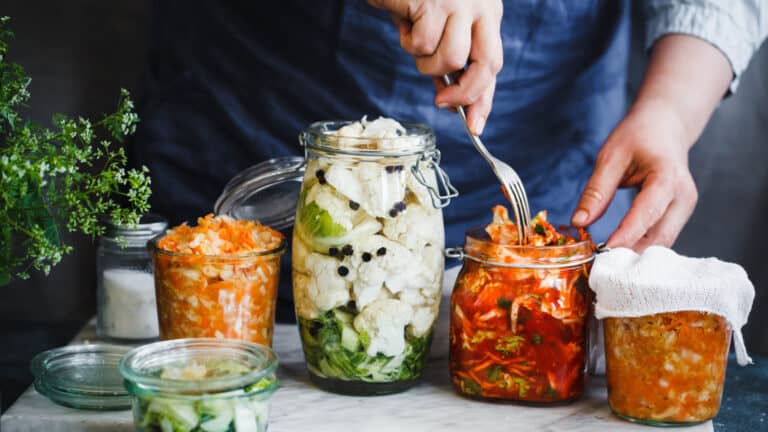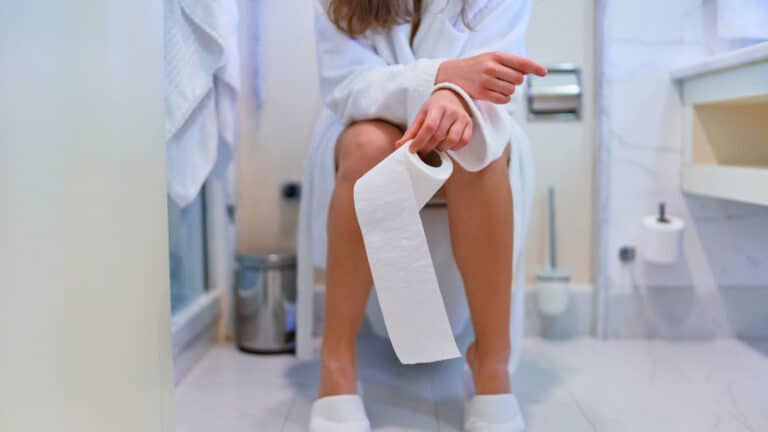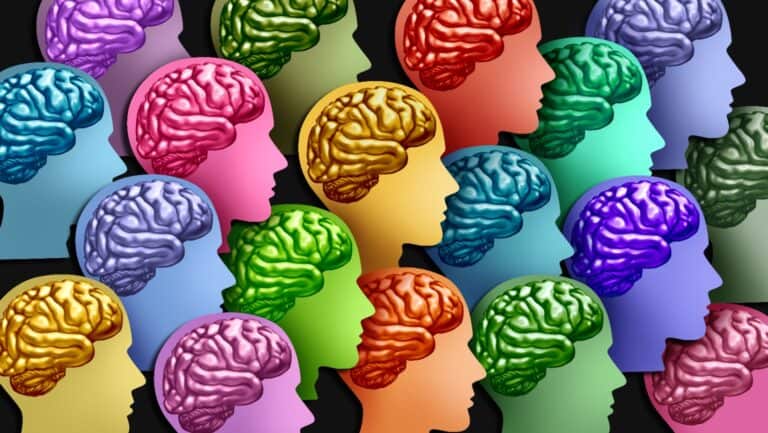The Detox Myth: Why Your Body Doesn’t Need a Cleanse to Heal
“Just do this three-day detox and you’ll feel amazing.”
“Flush out toxins with this liver reset smoothie.”
“Start fresh with a seven-day cleanse.”
We’ve all heard these promises. They’re splashed across social media, printed on supplement labels, and pushed by wellness influencers with glowing skin and glowing bank accounts. But here’s the truth: your body already detoxes itself—every single day—and it’s damn good at it. The idea that you need special juices, powders, teas, or restrictive diets to “cleanse” your system? It’s marketing, not medicine.
Let’s break down exactly why “detoxing” is scientifically meaningless, potentially harmful, and more about selling products than supporting health.
Your Body Has a Built-In Detox System
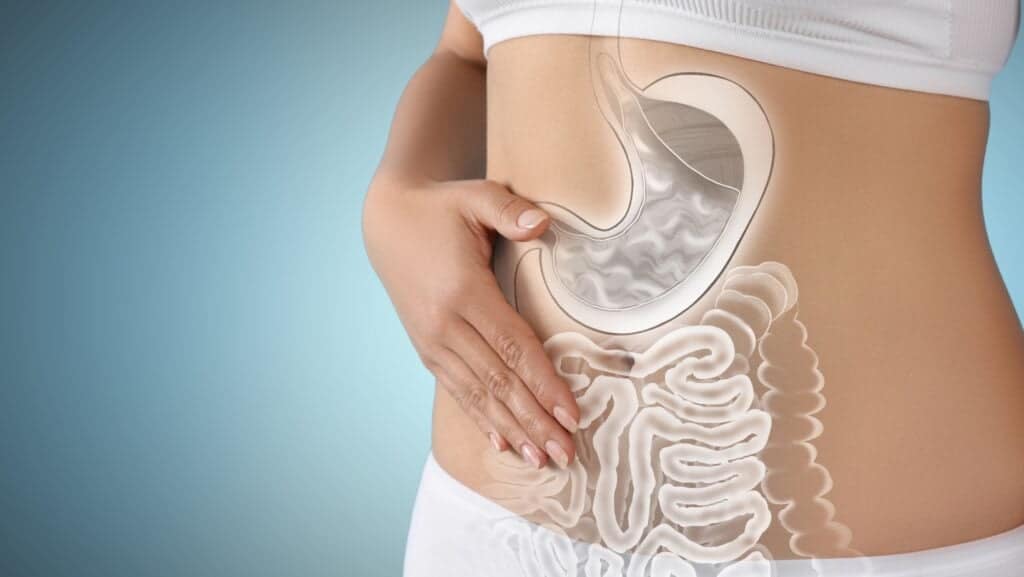
We have entire organs dedicated to processing and eliminating waste: your liver, kidneys, lungs, skin, and digestive tract all work around the clock to metabolize compounds, filter blood, and excrete waste products. This isn’t a side job; it’s literally what they were designed to do.
The liver converts toxins into harmless substances or packages them for elimination via bile or urine. Your kidneys filter blood and excrete excess waste and water. Your lungs release carbon dioxide with every exhale. Your skin sheds toxins through sweat. And your digestive system eliminates what’s left behind. If these systems weren’t doing their jobs, you’d be in the hospital, or worse.
So, when someone claims their juice cleanse “detoxes” your liver, it’s worth asking: from what? And why would your liver need a detox when detoxing is already its job?
The Language Is Vague on Purpose

Notice how detox products rarely name which toxins they’re removing. That’s intentional. “Toxins” in detox marketing are a nebulous, catch-all term meant to sound scary but rarely refer to anything specific or measurable. Is it alcohol? Pesticides? Heavy metals? Sugar? Stress?
If your body really did have an excess of dangerous toxins, you wouldn’t need a green juice, you’d need a toxicologist.
There are real toxins in the world such as lead, mercury, certain drugs, but if you were poisoned, a smoothie isn’t the answer. You’d need medical intervention.
Restrictive Detoxes Can Actually Be Harmful

Many detox protocols involve fasting, extreme calorie restriction, or relying solely on juices or teas. That’s not “resetting” your body, it’s starving it of protein, healthy fats, fiber, and essential nutrients. And prolonged restriction can mess with your metabolism, harm gut health, and even trigger disordered eating.
Some people report feeling better during a detox, but that’s often due to cutting out ultra-processed foods, alcohol, and added sugars, not because they’re flushing out mythical toxins. You don’t need to go to extremes to feel better, you need consistency, balance, and actual food.
Laxatives and “Cleansing” Teas Are a Red Flag

A lot of detox products contain laxatives or diuretics under the guise of “cleansing.” These may make you feel lighter (because you’re losing water or poop), but they’re not removing toxins. They can actually dehydrate you, mess with electrolyte balance, and cause long-term digestive issues if used regularly.
If a cleanse sends you running to the bathroom, that’s not detoxification. That’s irritation.
Sugar, Liver Cleanses, and the Detox Lie
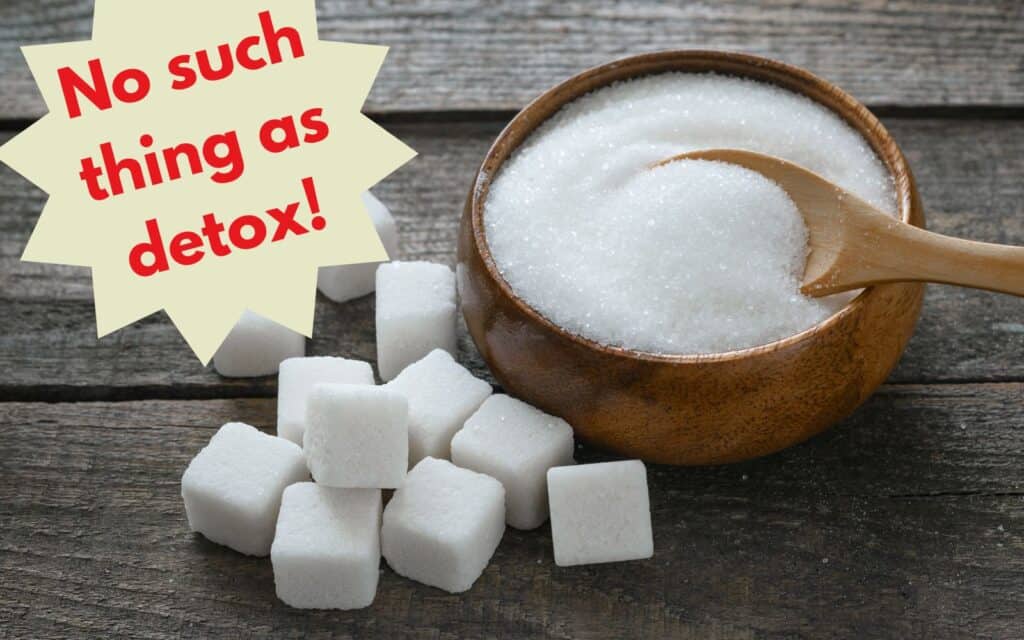
Let’s talk about sugar, because detox culture loves to blame it. Many so-called “liver cleanses” claim to undo the effects of sugar-heavy diets, but that’s not how your liver works. You don’t need to punish yourself with lemon-cayenne water or beetroot smoothies to process sugar. If your liver is functioning normally, it metabolizes sugar all the time, efficiently and without drama. What matters more than a quick “cleanse” is your long-term eating pattern. One cookie won’t harm you, and one green juice won’t save you. A truly liver-supportive diet includes balanced meals with fiber, lean proteins, healthy fats, and minimal ultra-processed foods—not starvation disguised as self-care.
The Wellness Industry Profits Off Your Guilt
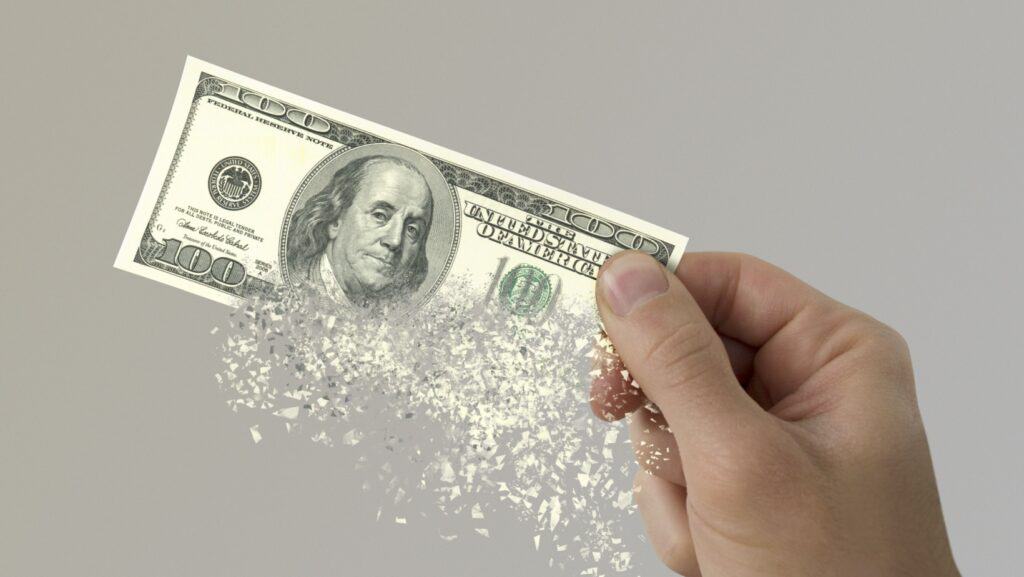
Detox marketing thrives on the assumption that you’re dirty, broken, or in need of a reset. It taps into guilt—especially after holidays, vacations, or periods of indulgence, and promises redemption through restrictive purity. It’s not about health. It’s about selling the illusion of control.
According to a report from McKinsey & Company, the global wellness market is worth $1.8 trillion, and growing. Detox programs, supplements, and juice regimens are part of that money-making machine, not medically necessary interventions.
What You Can Do to Support Your Body’s Natural Detox Process
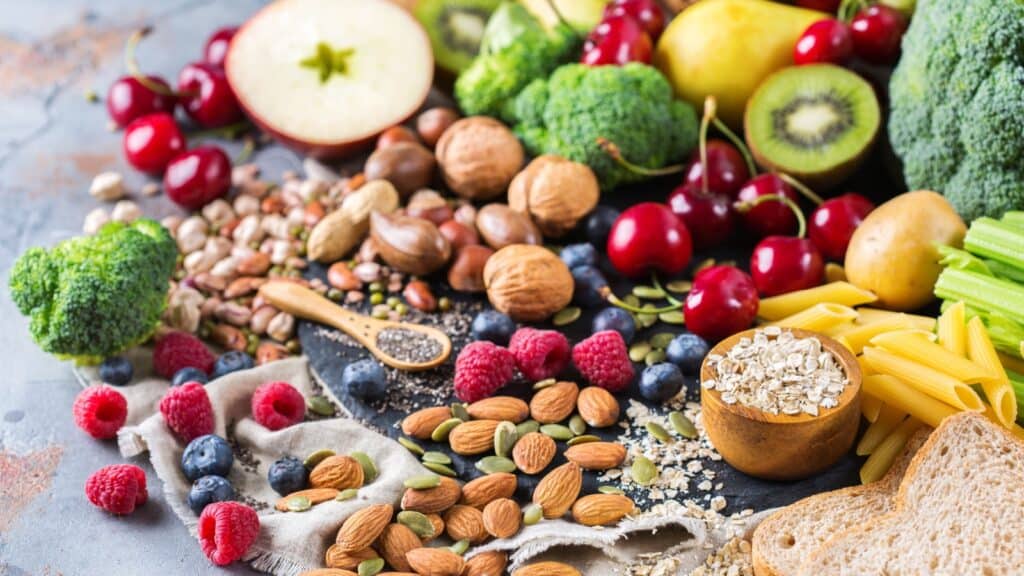
You don’t need a $200 kit or a subscription to a celery-juice service. What your body actually needs is:
- Hydration – Water helps flush waste through your kidneys.
- Fiber – Found in fruits, vegetables, legumes, and whole grains, fiber supports bowel regularity and feeds good gut bacteria.
- Sleep – Your brain’s glymphatic system clears waste while you sleep.
- Exercise – Increases circulation and supports lymphatic drainage.
- Nutrient-dense food – Your liver relies on nutrients like B vitamins, antioxidants, and amino acids to do its job.
Want a “reset”? Get eight hours of sleep. Eat real food. Go for a walk. That’s your detox.
If You Still Want to “Detox,” Here’s a Better Way to Think About It

There’s nothing wrong with wanting to feel better after a stretch of less-than-great habits. But instead of reaching for a cleanse, think of it as a gentle recalibration:
- Swap soda for water or herbal tea.
- Eat three satisfying meals instead of grazing on snacks.
- Take a break from alcohol—not forever, just a few days.
- Add more plants to your plate.
- Get some movement into your day.
These changes aren’t flashy. They don’t promise miracle results in 48 hours. But they work—and they respect your body’s intelligence rather than trying to override it.
Final Thoughts
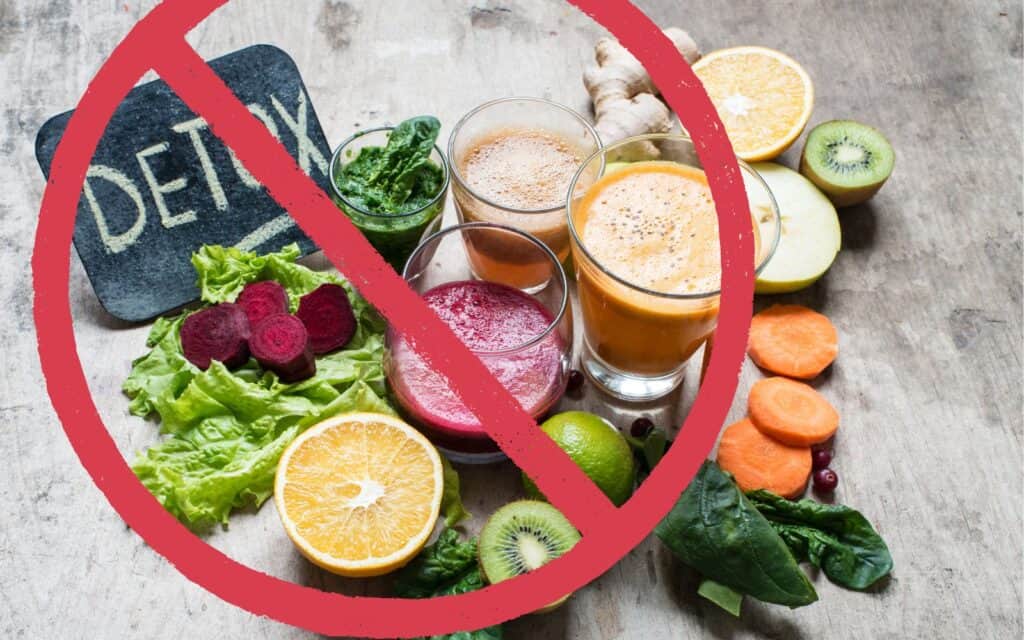
The idea that you can, or should “detox” your body with a juice cleanse or special supplement is a modern wellness myth with no basis in real science. Your body already knows how to detox. If you really want to support it, skip the marketing hype and focus on sustainable habits that nourish you from the inside out.
You’re not toxic. You’re tired. You’re human. And you deserve better than pseudoscience wrapped in kale leaves.
For more no-nonsense takes on nutrition and health, read 10 Fitness Myths Trainers Wish You’d Stop Believing, and 6 Menopause Myths You’ve Been Told For Years—Here’s What’s Actually True!, both on The Queen Zone.


